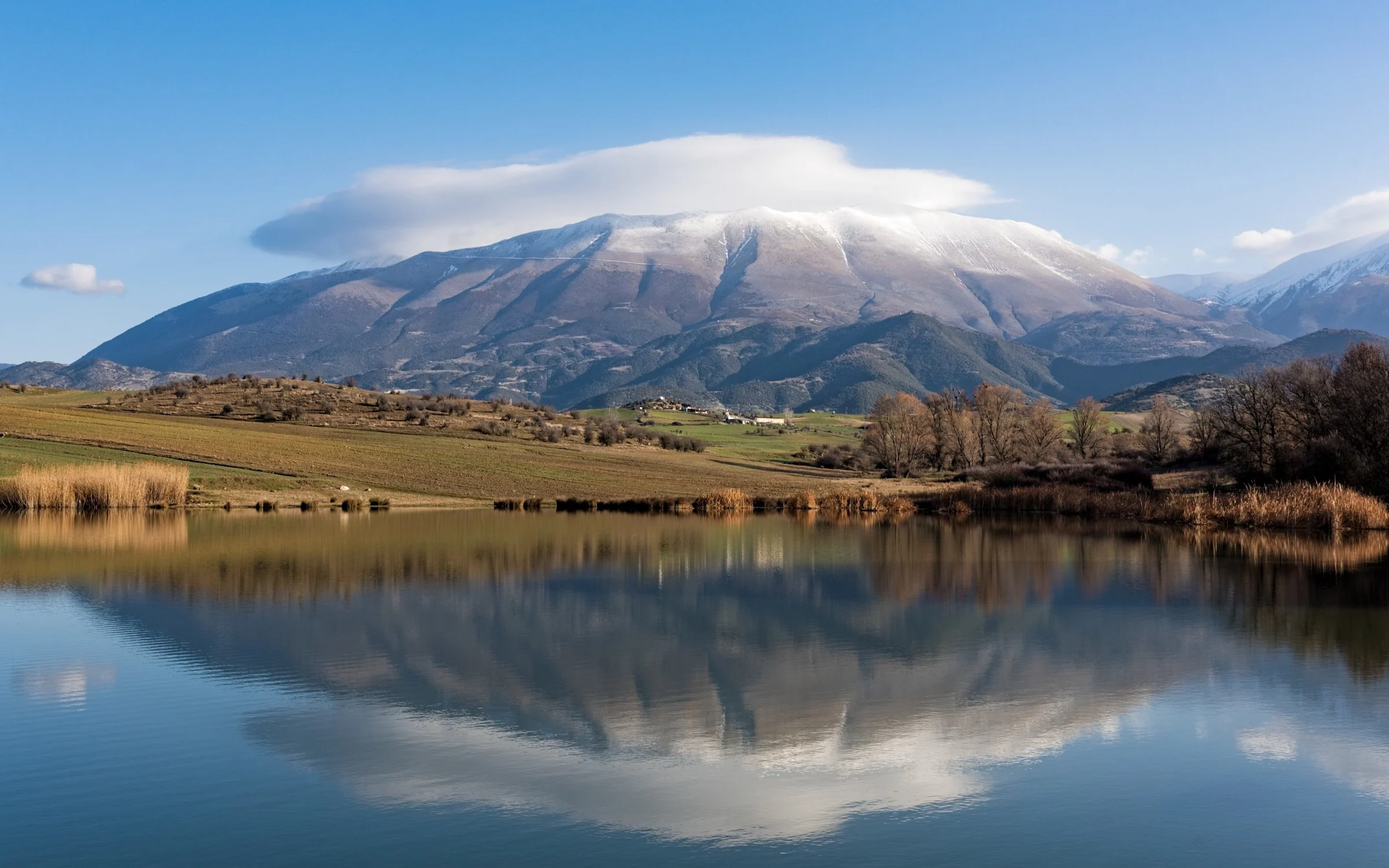By Nick Squires
Copyright yahoo

Greek farmers claimed to be growing bananas on the slopes of snow-covered mountains as part of a massive fraud costing the European Union tens of millions of euros.
The scandal, in which false claims secured huge farming subsidies, is rocking the conservative government of prime minister Kyriakos Mitsotakis.
The most creative scams included claiming subsidies for phantom flocks of sheep and goats, as well as for non-existent banana plantations on 9,570ft-high Mount Olympus, which is covered in snow for much of the year.
The country’s highest peak was revered as the home of the gods in ancient Greek mythology, but is now associated with the national scandal that has revealed shocking levels of corruption.
Landowners claimed subsidies for olive groves in a high-security military airport and for pastureland that extended into the sea.
Farmers misappropriated EU subsidies worth at least €22m (£19m) between 2019 and 2024 by faking land ownership, a government minister said this month.
Government officials were allegedly complicit in the massive fraud, which has claimed the scalps of four ministers.
The motivation appeared to have been securing votes in return for turning a blind eye to, or colluding in, the theft of EU funds.
Making the scandal more awkward for the prime minister was the fact that most of the allegedly fraudulent claims were submitted from the island of Crete, where his family has held political influence for more than a century.
Fraudulent documents suggested that Crete was home to half of all Greece’s flocks of sheep, even though the island produced less than one tenth of the country’s sheep-milk output.
The number of beehives on some islands also miraculously multiplied.
In some cases, farmers claimed money for land and livestock that they did not own, while other cases involved people with no links to farming cashing in on the EU subsidies.
The scandal is being investigated by the European Public Prosecutor’s Office (EPPO), based in Luxembourg.
The EU funds were disbursed through a Greek government agency called OPEKEPE. Police raided the agency’s offices in July and seized hundreds of thousands of farmers’ tax records.
Police scrutinised more than 6,000 out of 800,000 applications and discovered that hundreds of farmers had misappropriated EU subsidies.
Law-abiding farmers said their subsidies had been cut while “phantom farmers” received millions of euros.
“The scheme was well organised… it was a criminal organisation which naturally required political cover,” Giorgos Drosos, 65, a wheat and cotton grower in Thessaly, told the AFP news agency.
It is believed the fraud dates back to at least 2019, the year in which Mr Mitsotakis was elected prime minister.
“They set up a shop with European Union money. The politicians knew. It was a business,” said Nikos Kakavas, the head of a federation of civil servants.
“If the European prosecutor’s office hadn’t intervened, nothing would have happened. We’ve been shouting about this for years, but no one listened.”
The scandal deepened when wiretapped phone conversations emerged in which MPs and senior officials appeared to be trying to block the investigation.
The prime minister insisted that the authorities were now taking active measures to address the scandal.
Two former agriculture ministers from his party are under investigation, although both deny any wrongdoing.
Anyone found to have received EU funds to which they were not entitled would have to pay the money back, Mr Mitsotakis said.
The EPPO filed a 3,000-page report alleging that corrupt officials within OPEKEPE had been in cahoots with 15 MPs, 13 of whom were from the ruling party.
In June, the EU imposed a €392m (£342m) fine on Greece for the mismanagement of agricultural subsidies between 2016 and 2023.
The subsidy scandal had “raised serious questions about government oversight and integrity,” according to the political risk consultancy Teneo.
“Wiretapped conversations suggest a culture of political favouritism and systemic fraud within agricultural subsidies agency OPEKEPE, deepening public mistrust. The tone of the discussions – often flippant or cynical – has reinforced public outrage and concerns over entrenched cronyism.”
The Greek government has been mired in several crises, including a wiretap scandal and allegations of a cover-up concerning the 2023 Tempi railway disaster in which 57 people died.



